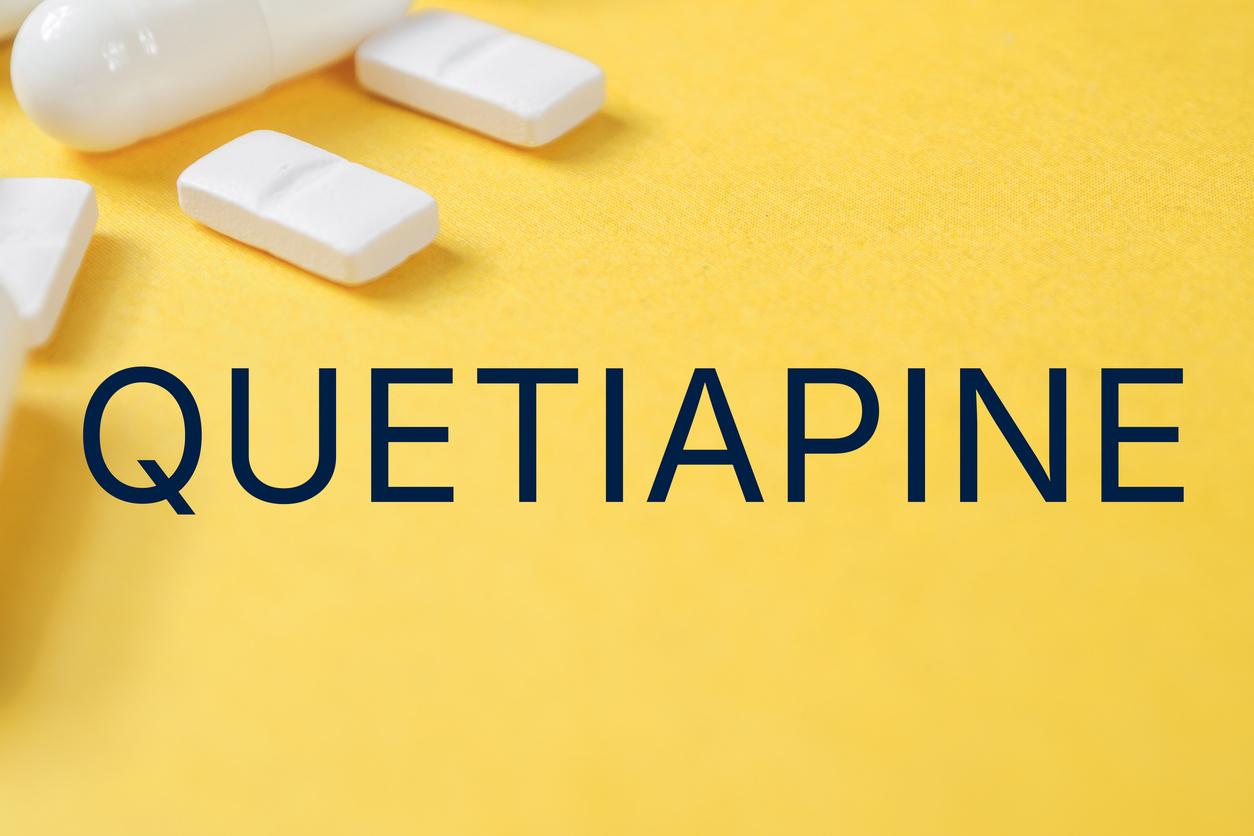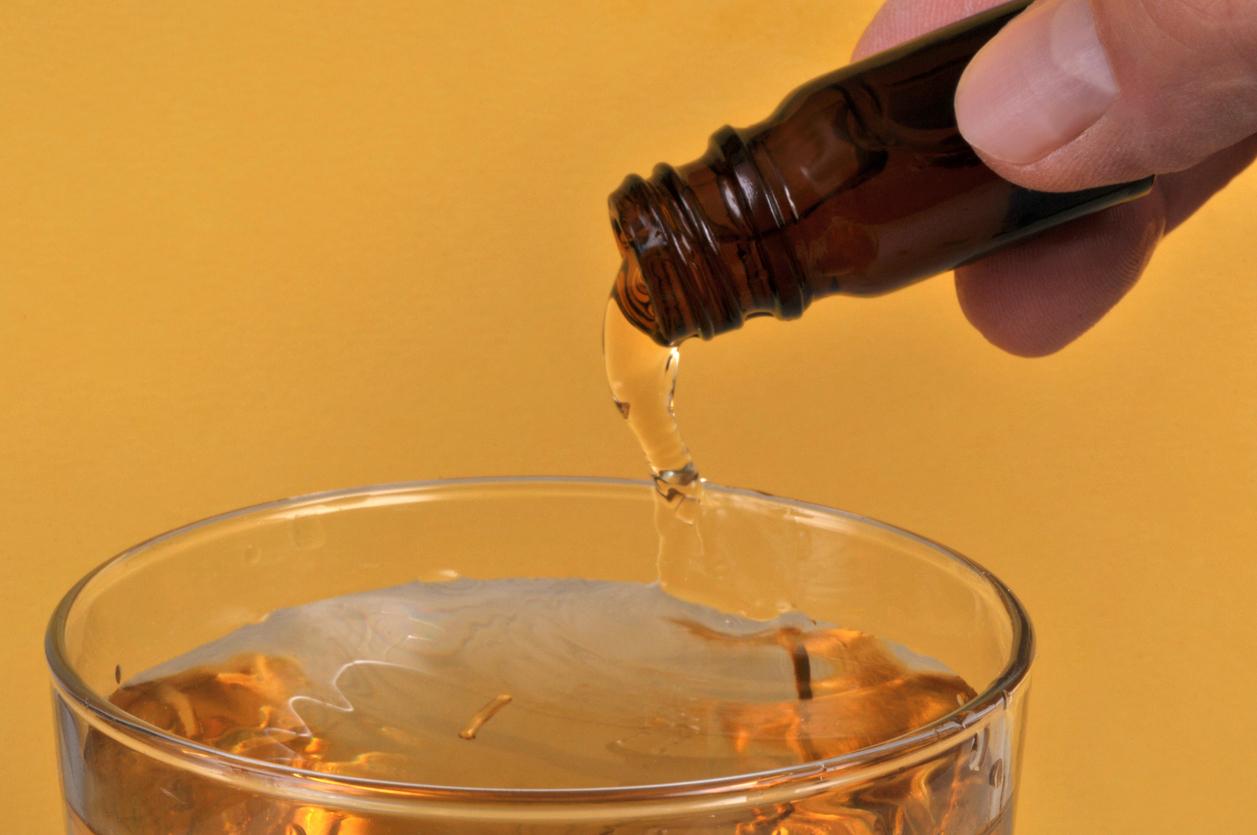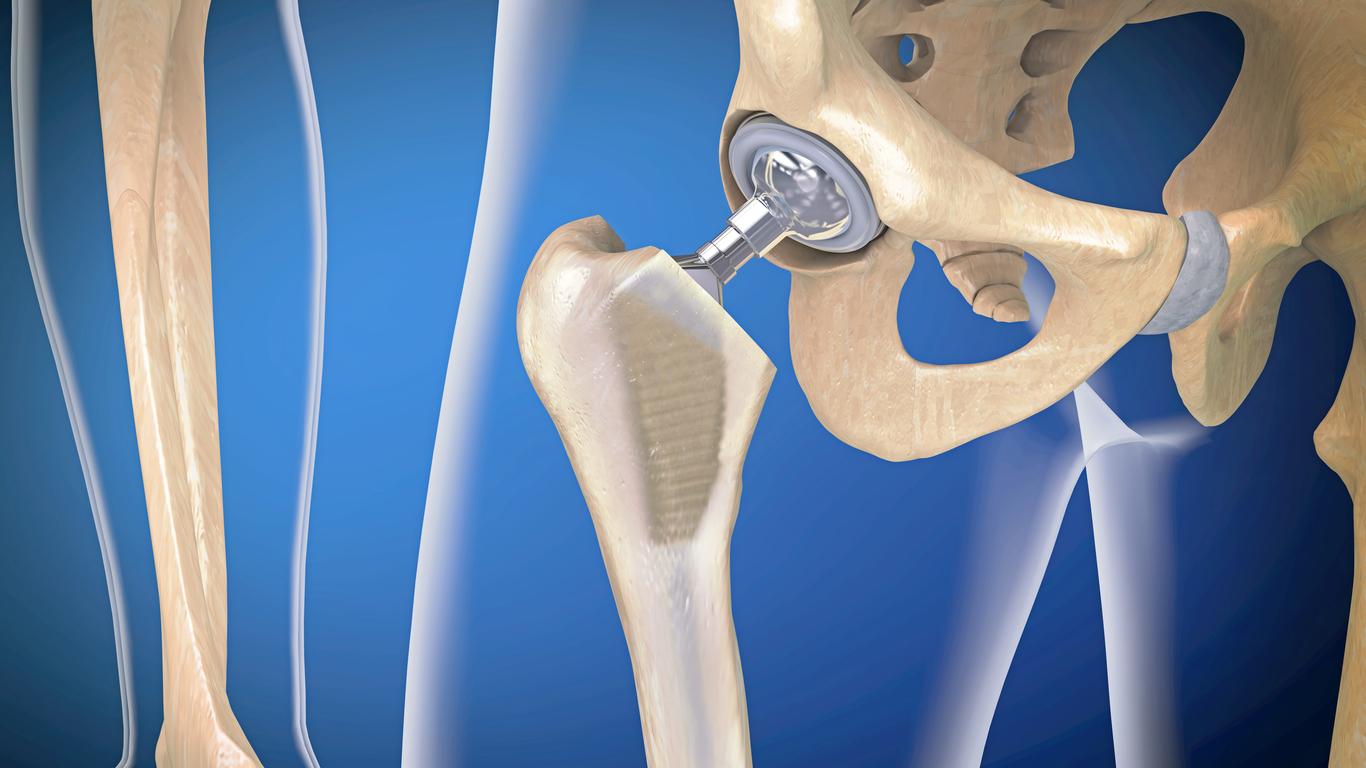The herbal medicine known as St. John’s Wort interacts with some forms of contraception, warns the UK Medicines Agency. France has already issued a warning.

St. John’s Wort, the cause of unwanted pregnancies? The British Medicines and Healthcare Products Regulatory Agency (MHRA) warns of this risk, in an update, on the possible interaction between this medicinal plant and certain contraceptives.
St. John’s Wort for moderate anxiety
St. John’s Wort may decrease the effectiveness of hormonal progesterone-based contraceptives (oral and implanted), according to the MHRA. Combination pills (progesterone and another hormone) and etonogestrel-based implants are also affected.
St. John’s Wort is a medicinal plant, also known under the name of “herb of Saint John”, used in herbal medicine to fight against a mild depressive state or moderate anxiety. Women who consume it while on hormonal contraception are therefore at risk of becoming pregnant. On the other hand, no report was raised concerning intrauterine devices. The Agency points out that 19 suspicious interactions have been reported since 2000. Of these, 15 resulted in unwanted pregnancy and 4 in irregular periods.
“There are warnings about these interactions and their consequences in the leaflets provided with all contraceptives and products authorized for St. John’s Wort,” said the MHRA. It nevertheless indicates the particular case of products ordered online: it is not because the instructions do not warn about the risk of interaction that this does not exist.
No sudden stop in case of treatment
Already in 2000, the French Medicines Safety Agency (ANSM) issued a warning against drug interactions. Several scientific articles reported interactions with drugs with particularly sensitive efficacy: digoxin (heart failure, atrial fibrillation), theophylline (asthma, COPD), anti-vitamin K (prevention of thrombosis or systemic embolism) , cyclosporine (immunosuppressant) and contraceptives.
The interaction between St. John’s Wort and these drugs leads to a decrease in their concentration in the blood. However, the ANSM recommends stopping treatment, but not suddenly: this could suddenly increase the plasma concentrations of the drugs, which could be dangerous. “In the current state of knowledge,” concluded the ANSM, “a reduction in the therapeutic effect of other drugs associated with St. John’s Wort cannot be excluded. “
.
















